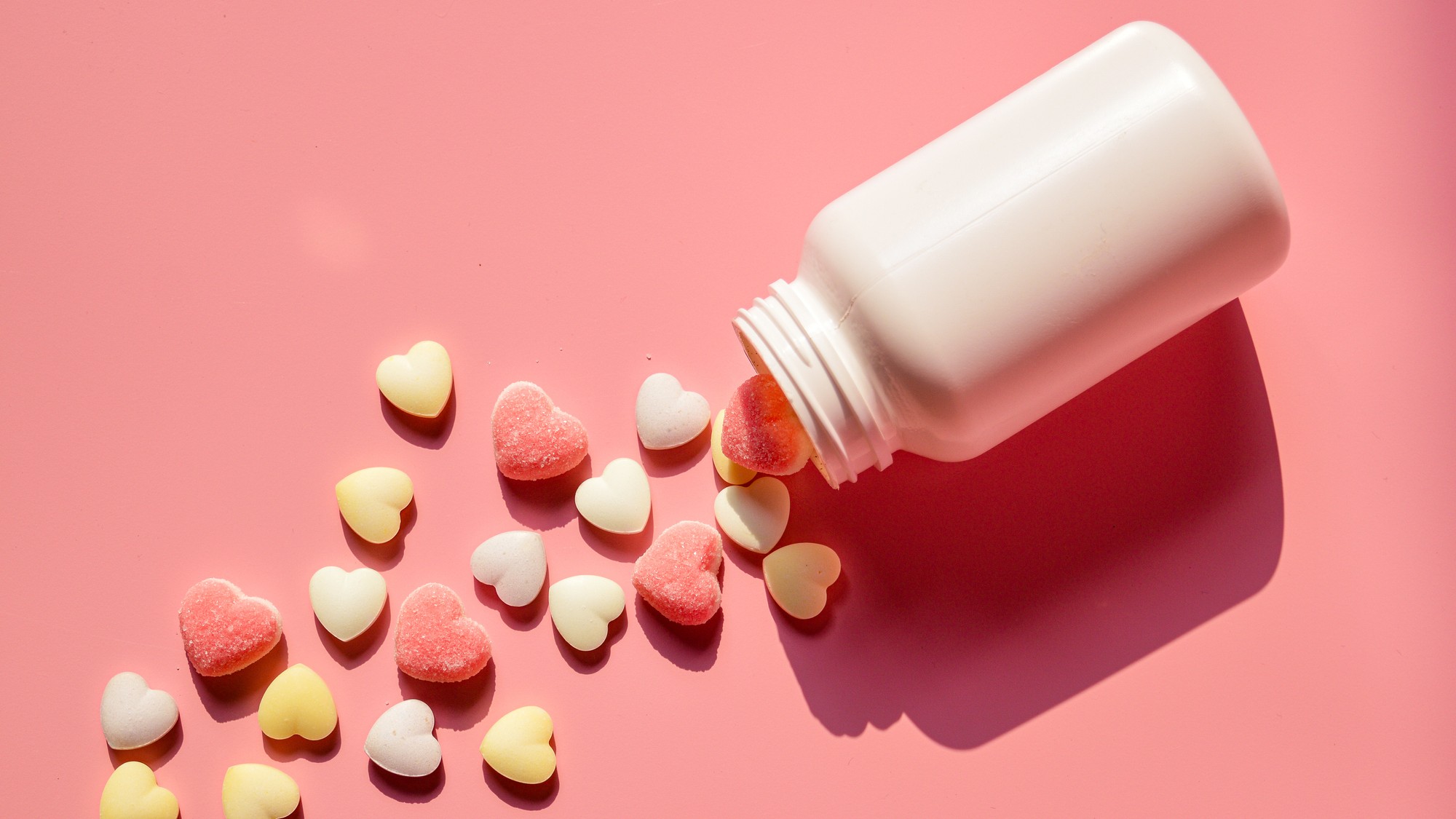How love impacts your health
Turns out you actually can die of a broken heart


A free daily email with the biggest news stories of the day – and the best features from TheWeek.com
You are now subscribed
Your newsletter sign-up was successful
Love has a stronger impact on human health than you might think. It can cause a natural high, improving a person's mental and physical well-being. On the flip side, the loss of love can have detrimental effects — and in extreme cases, it might even be deadly. One thing is clear: Meaningful relationships, whether they be romantic, platonic or familial, are essential components of living a fulfilling life.
How can love improve your health?
Love can do more than just make you feel happy. Research has found it also has demonstrable health benefits. "Love is a biological necessity that is as vital to a person's well-being as fresh water, food and exercise," Stephanie Cacioppo, a neuroscientist at the University of Oregon and author of the book "Wired for Love," said to National Geographic. Being in love releases several hormones including oxytocin, vasopressin, dopamine and serotonin. "When the love network is turned on, it activates the brain's reward centers, releasing a cascade of hormones, neurochemicals and natural opioids, that make us feel joy and also help our body heal and our mind deal with pain," Cacioppo said. In other words, romance leads to overall better mental health, as well as reduced stress and anxiety.
Love also has physical benefits. Married couples tend to enjoy longer life spans, perhaps because people in love take better care of themselves and due to "consistent social and emotional support, better adherence to medical care and having a partner who can hold you accountable to healthy lifestyle behaviors and steer you away from bad ones," said Time. "Married couples have been found to have lower rates of substance abuse, lower blood pressure and less depression than single peers." In addition, reduced stress can lower your risk of heart attack and stroke. However, all is not lost for single people: Studies also found that these benefits can come from any meaningful relationships, including those with friends and family.
The Week
Escape your echo chamber. Get the facts behind the news, plus analysis from multiple perspectives.

Sign up for The Week's Free Newsletters
From our morning news briefing to a weekly Good News Newsletter, get the best of The Week delivered directly to your inbox.
From our morning news briefing to a weekly Good News Newsletter, get the best of The Week delivered directly to your inbox.
How can a broken heart hurt your health?
The bad news: love can also hurt your health. "We pay the price of having emotional responses when we lose our companions," Sue Carter, emeritus director of The Kinsey Institute, said to National Geographic. Experiencing a heartbreak can suddenly deny the body the feel-good hormones it was previously receiving regularly, and it can increase the production of stress hormones like cortisol and norepinephrine. "You search for the person who's no longer there, for the positive feelings you once associated with your beloved," said Cacioppo.
As a result, symptoms may manifest physically. Depression, anxiety, loss of appetite, weight changes and trouble sleeping can all stem from grief. "When social bonds are broken by separation or loss of a partner, the nervous system needs time to re-equilibrate and adjust," said Carter. "We may literally experience the pain of a lost relationship forever, but as new bonds form, those may help heal the emotional pain associated with loss."
In more severe cases, the loss of a loved one can be deadly. Broken heart syndrome is a "heart condition that's often brought on by stressful situations and extreme emotions," the Mayo Clinic said. It can, in rare cases, be fatal, as it causes short-term heart muscle failure. While a variety of situations can bring this on, the death of a loved one is a notable trigger. "One groundbreaking study of grief from the 1960s looked at 4,486 widowers in Britain," said Cacioppo. "During the first six months after they lost their spouses, they had a 40% higher risk of dying than a married person their own age." If there's one lesson to take away from all this, it's that nurturing your relationships, romantic or otherwise, is an important part of self-care. "Love is not optional. It is not something we can do without," added Cacioppo. "Love is a biological necessity."
A free daily email with the biggest news stories of the day – and the best features from TheWeek.com
Devika Rao has worked as a staff writer at The Week since 2022, covering science, the environment, climate and business. She previously worked as a policy associate for a nonprofit organization advocating for environmental action from a business perspective.
